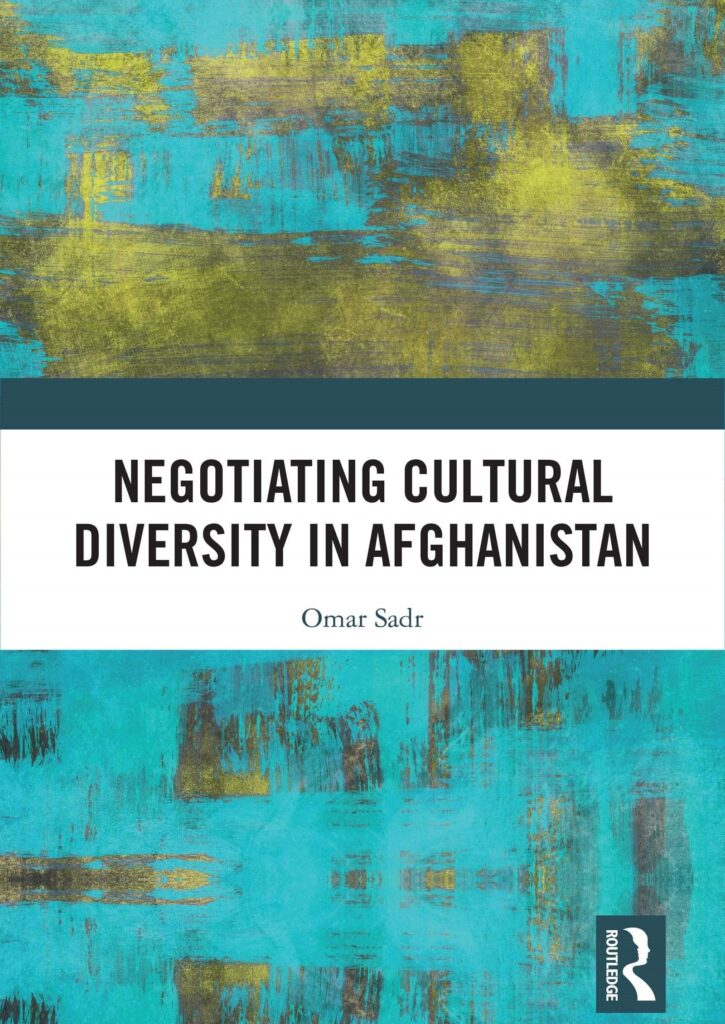Book
Negotiating Cultural Diversity in Afghanistan

Get this book
Winner of the 2022 Central Eurasian Studies Society (CESS) Best Book Award!

The Book Award Committee wrote about Sadr’s book:
It has a solid theoretical background; the author utilized appropriate methodology to solve his thought-provoking research question. The research is a case study on Afghanistan, yet theoretically, it contributes to the cultural diversity and integration debates almost everywhere in the world. Sadr tackles the problem of cultural diversity from an interesting angle; that of the grassroots and local intellectual. This also sheds light on the problems related to the top-down nation-building efforts of the Afghan state for the last few decades and offers useful solutions to them.
Endorsements
Omar Sadr attempts a well-founded analysis of the identity politics in Afghanistan. His central argument that for democracy to be a successful project, it must be grounded in the representation of cultural diversity—is pertinent to contemporary Afghanistan. Sadr’s contribution to the discourse on multiculturalism addresses a crucial gap in the literature on Afghanistan, making it significant for its academic worth and its relevance to policy.
Drawing on contemporary normative literature, both from political theory and international relations, Omar Sadr makes a compelling case for preserving cultural diversity in Afghanistan. This work is laudable and well-timed, considering a growing perception that multiculturalism is on the wane globally. I am sure Sadr’s work will immensely profit scholars across disciplines and especially those keen to learn from a transnational mapping of multicultural theory and practice beyond the intellectual comfort zone of Western constructs.
Reviews
Review by Mejgan Massoumi: in The Journal of Conflict Transformation and Security, Special Issue on “Security on Afghan Crisis – Decolonial Perspectives,” Vol. 10, No. 1, 2023: 76-81
Review by Chayanika Saxena: in Society and Culture in Society Asia, Vol 7, Issue 1
Review by Soumya Awasthi in Vivekananda International Foundation, April 26, 2021
Book Talk
Book talk at University of Pittsburgh
Book Discussion in Farsi on Negotiating Ideas Podcast